
Surprising Health Benefits of Pumpkin: Controls Blood Sugar, Cholesterol & More
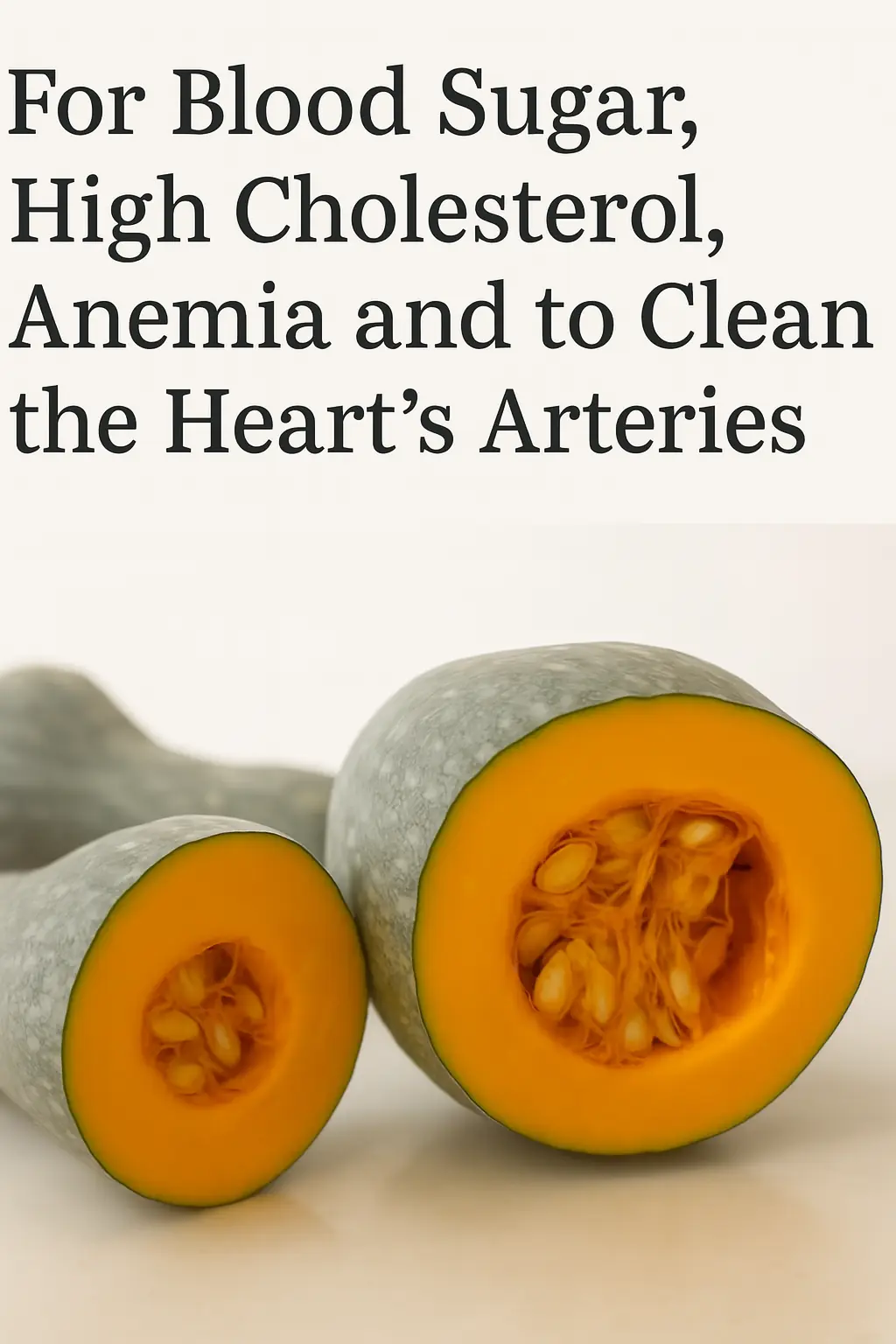
Did you know that pumpkin, that delicious and colorful food, is a powerful ally for improving your health? With its rich nutrient composition, it has become an essential ingredient in many healthy recipes. In this article, we’ll explore the benefits of pumpkin in relation to blood sugar control, high cholesterol, anemia, and cardiovascular health. Keep reading to discover how to incorporate this wonderful food into your diet!
What’s in Pumpkin That’s Good for Your Health?
Pumpkin is a fruit that belongs to the cucurbit family and stands out for its vibrant orange color, which indicates a high content of beta-carotene — an antioxidant that turns into vitamin A in the body. This vitamin is essential for maintaining healthy vision, skin, and the immune system.
In addition to being rich in fiber — which helps you feel full and supports regular bowel movements — pumpkin has a low glycemic index. This makes it an excellent choice for people looking to control their blood sugar levels.
Blood Sugar Control: How Does Pumpkin Help?
People with diabetes or those at risk of developing it should pay special attention to their diet. Incorporating pumpkin into meals can be an effective strategy. Its low content of simple sugars and high dietary fiber help regulate the absorption of glucose into the bloodstream.
The soluble fiber in pumpkin not only helps control blood sugar but also contributes to a feeling of fullness, helping prevent weight gain — a key factor in managing diabetes.
Pumpkin and Cholesterol: A Heart-Healthy Friend!
High cholesterol is one of the main risk factors for heart disease. Fortunately, pumpkin can be a valuable ally in the fight against high cholesterol. Thanks to its high soluble fiber content, it may help reduce LDL (the “bad” cholesterol) levels.
Consuming pumpkin as part of a balanced diet not only benefits cholesterol levels but also provides antioxidants that prevent the oxidation of cholesterol, thereby reducing the risk of heart disease and stroke.
Anemia: Can Pumpkin Help?
Anemia is a condition that occurs when the body doesn’t have enough healthy red blood cells due to iron or vitamin B12 deficiency. While pumpkin isn’t a major source of iron, its vitamin C content helps enhance the absorption of iron from other foods — which is crucial in fighting anemia.
Including pumpkin in meals that also contain iron-rich foods like legumes or meats can boost your iron intake and help prevent or treat anemia.
Artery Cleansing: Pumpkin as a Natural Remedy
A diet rich in anti-inflammatory and antioxidant foods is key to keeping your arteries clean and healthy. Pumpkin, with its high antioxidant content, can play a vital role in promoting cardiovascular health.
The carotenoids and other bioactive compounds in pumpkin help reduce inflammation and protect cells from oxidative damage — supporting better arterial health. Including it in your diet may be an effective strategy to cleanse and maintain your arteries.
How to Include Pumpkin in Your Daily Diet
Now that you know the amazing benefits of pumpkin, here are a few ideas for incorporating it into your meals:
-
Soups and Creams: Make a delicious pumpkin soup with onion, garlic, and spices. It’s nutritious and perfect year-round.
-
Salads: Add roasted pumpkin to your salads for a sweet, colorful touch.
-
Stews: Pumpkin can be cooked in stews with legumes and meats, adding flavor and nutrients.
-
Desserts: Use pumpkin in dessert recipes like pies or muffins for a healthier twist.
Conclusion
In summary, pumpkin is a true nutritional treasure. Not only is it delicious, but it also offers a wide range of health benefits. From helping control blood sugar to improving cholesterol levels and aiding in the fight against anemia — there’s no reason not to include it in your daily diet!
So next time you’re at the market, don’t forget to pick up a beautiful pumpkin — your body will thank you for it.
News in the same category

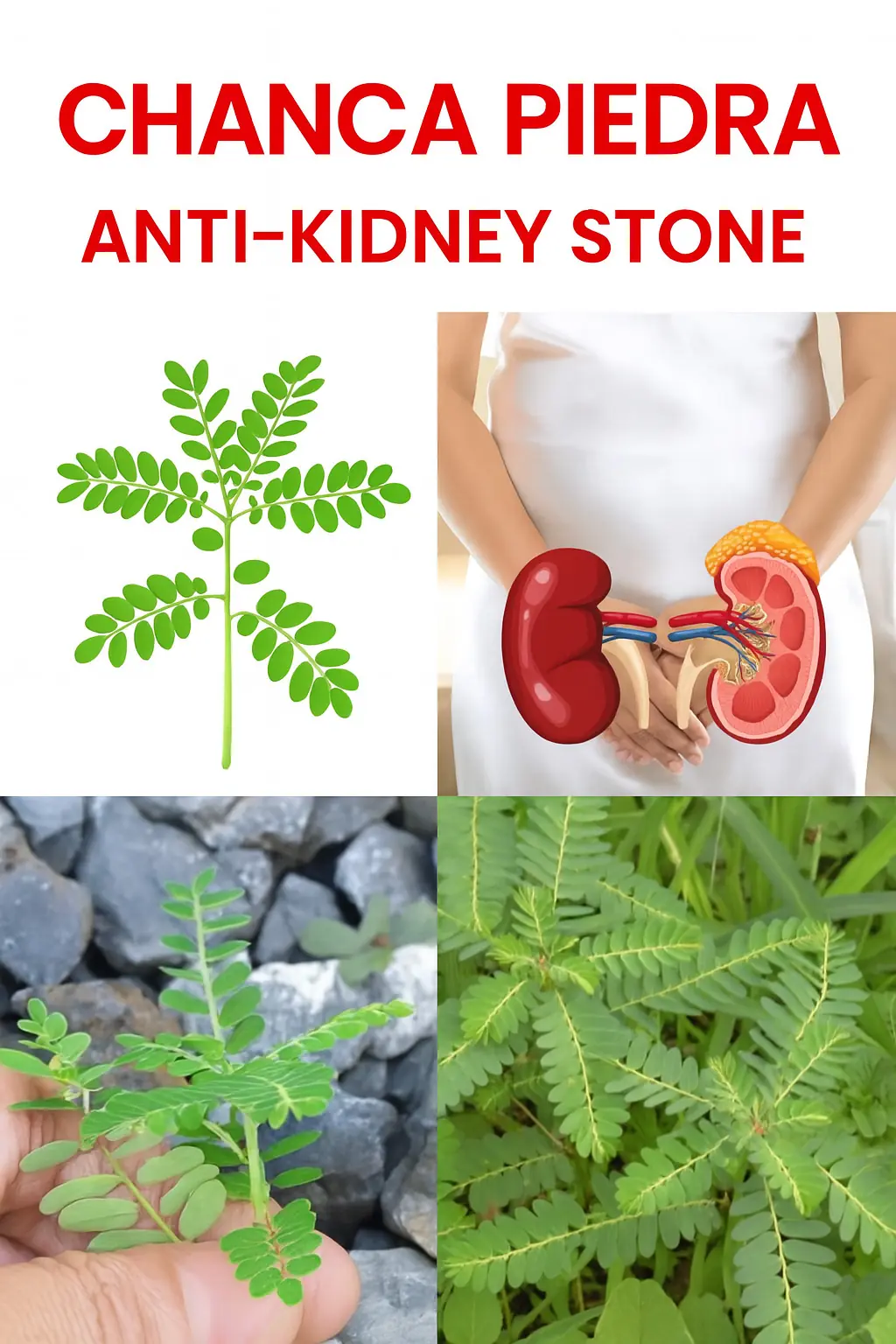
The Stonebreaker Secret: How Phyllanthus amarus Could Transform Your Health!
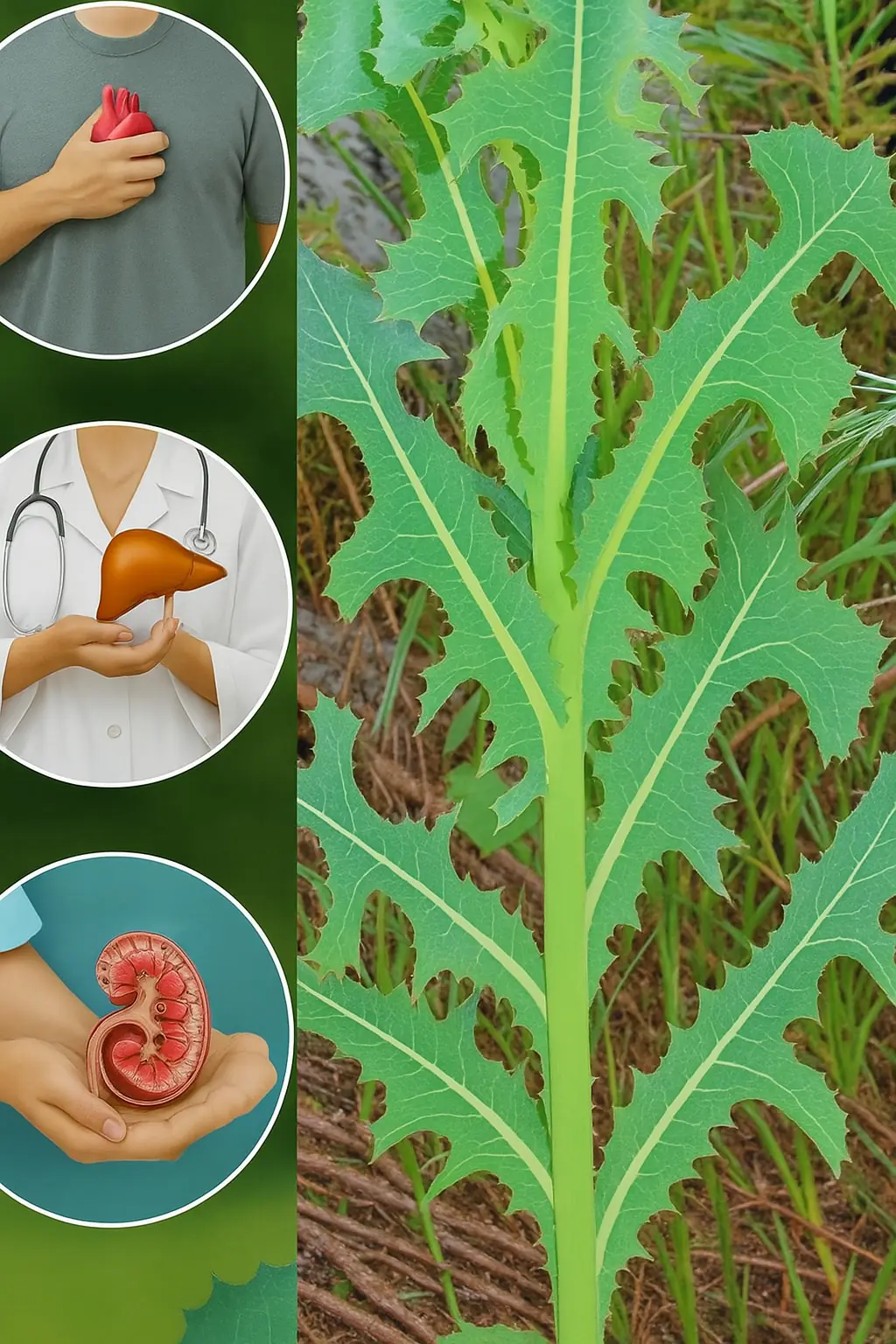
The Secret Superpower of Prickly Lettuce: Nature’s Overlooked Healer 🌿

Unlock Crystal-Clear Vision: 5 Miracle Leaves to Transform Your Eye Health Naturally
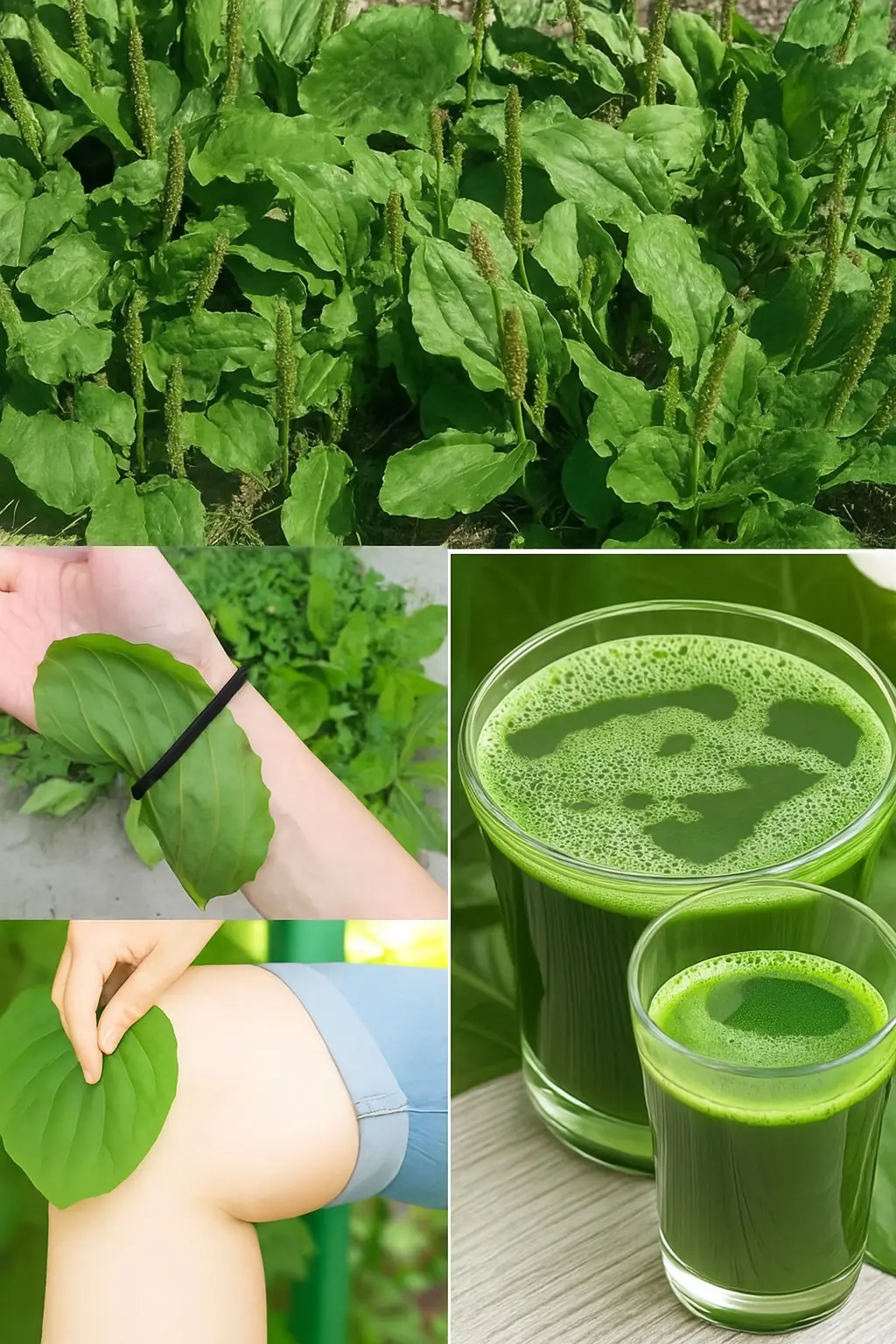
Discover the Healing Power of Plantain: Nature’s Miracle Weed
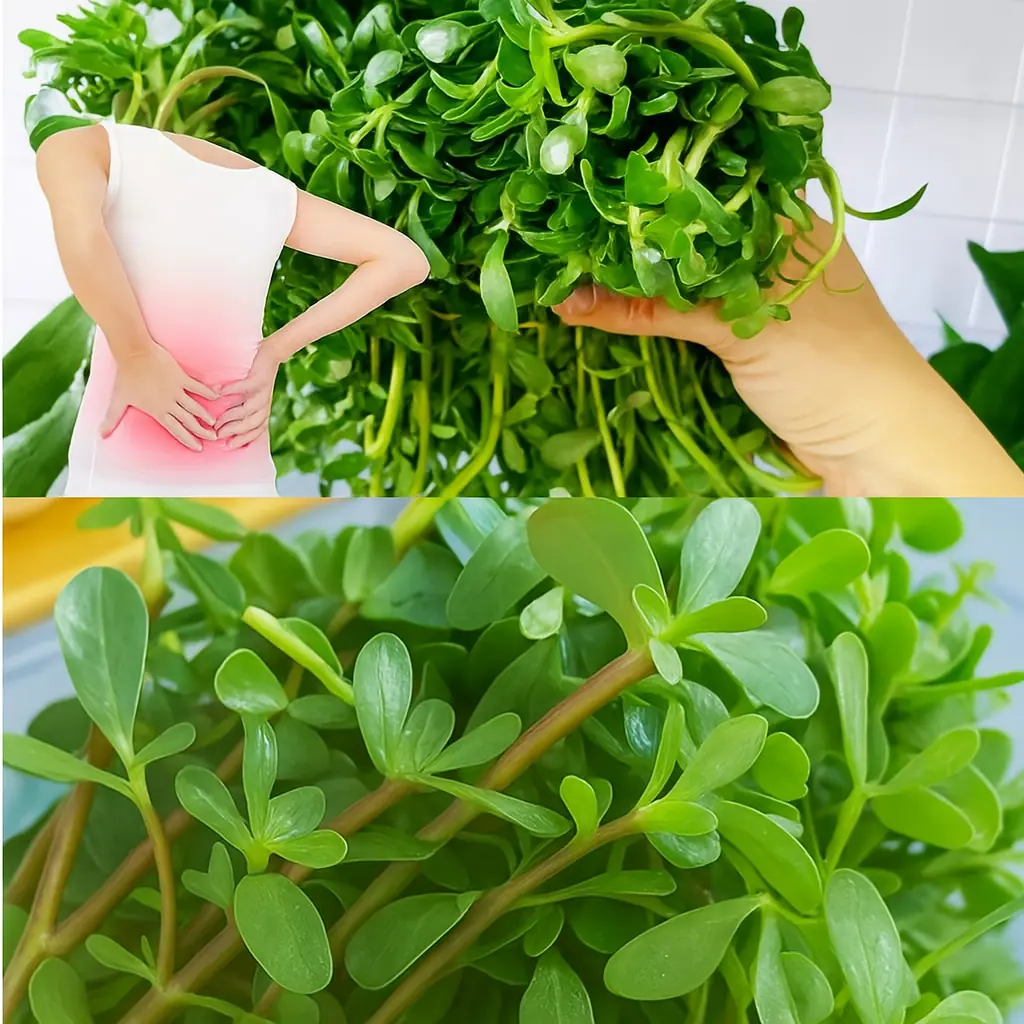
Unlock the Hidden Power of Purslane: 7 Life-Changing Benefits for Seniors Over 50
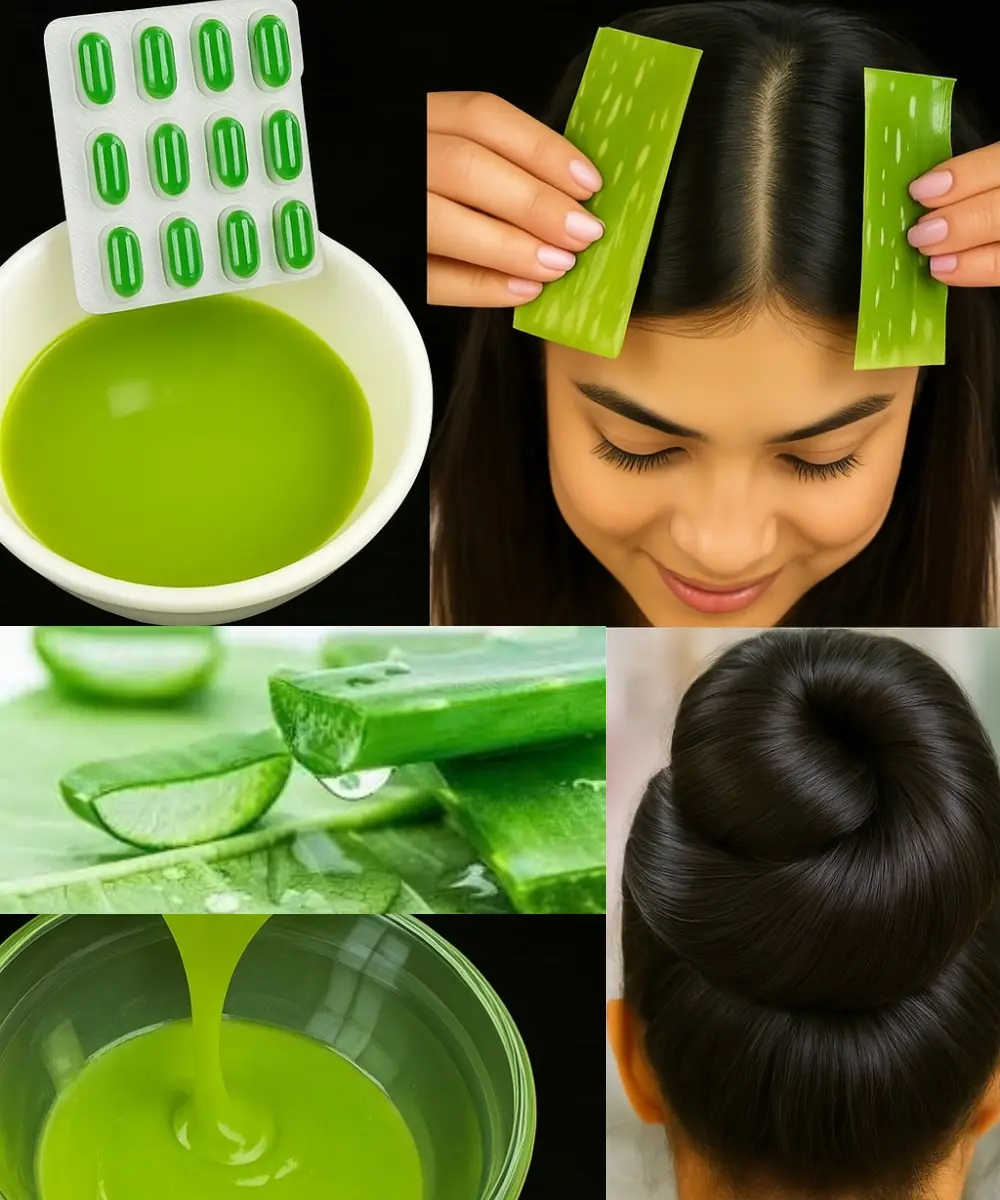
Could Aloe Vera Be Your Hair’s New Best Friend? The Natural Secret to Luscious, Thriving Locks
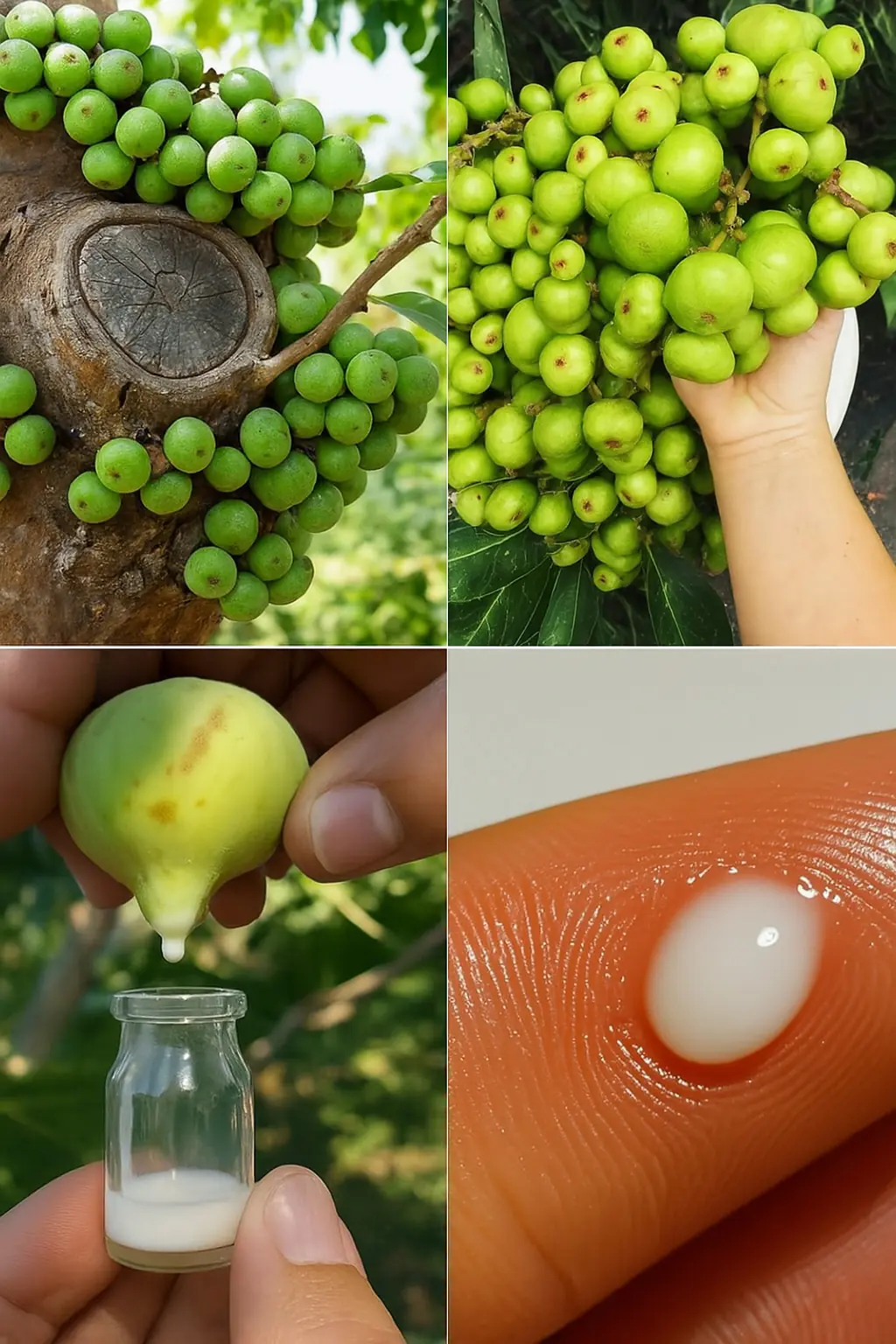
Unlock the Power of Fig Sap: Nature’s Secret for Health, Beauty, and Beyond 🌿

The Sparkling Secret in Your Kitchen: Lemon and Baking Soda for a Dazzling Smile
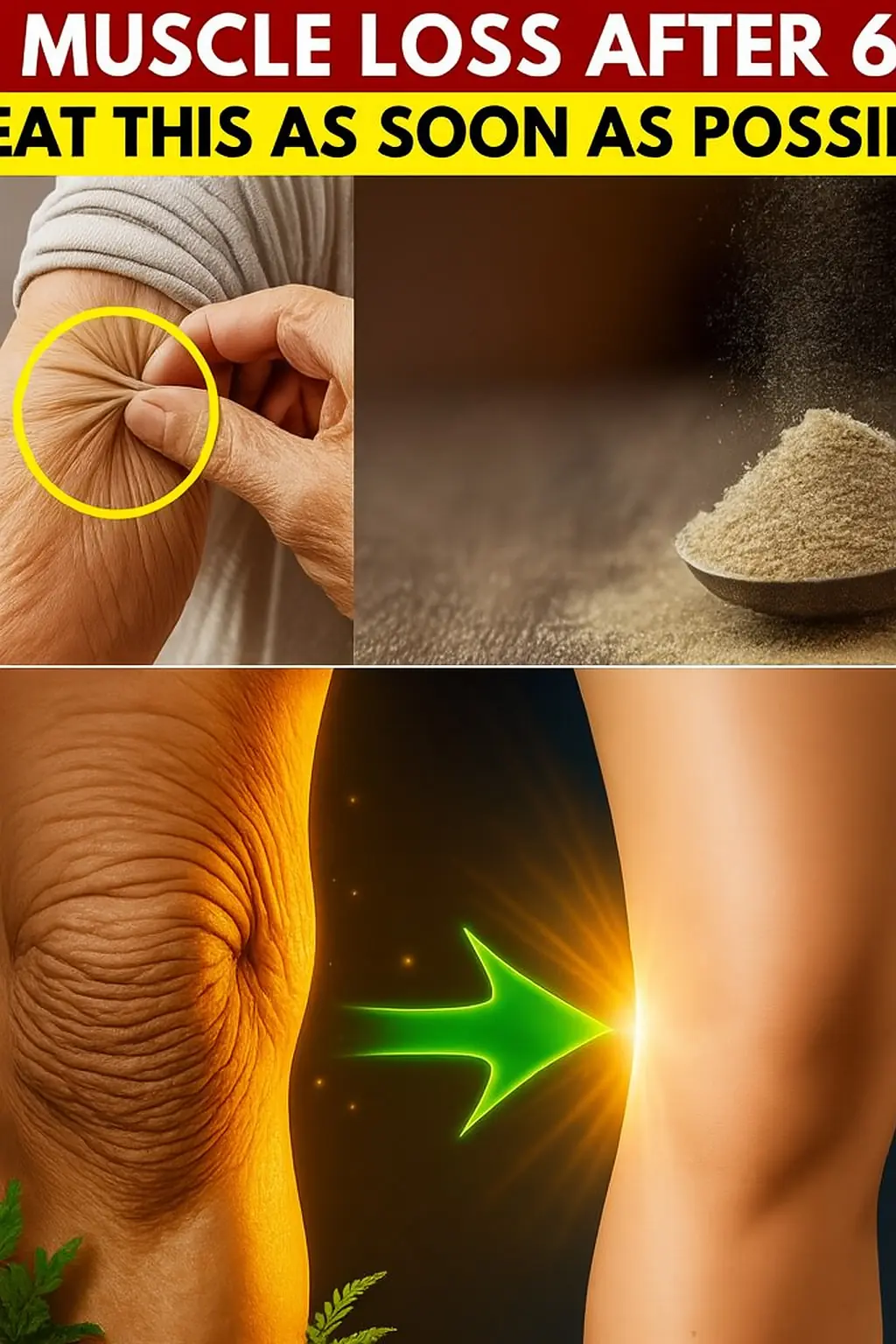
Nature’s Secret Drinks to Power Up Your Legs After 60

Unveil the Mystery: Can Banana Peels Really Turn Gray Hair Black Naturally? 🌟
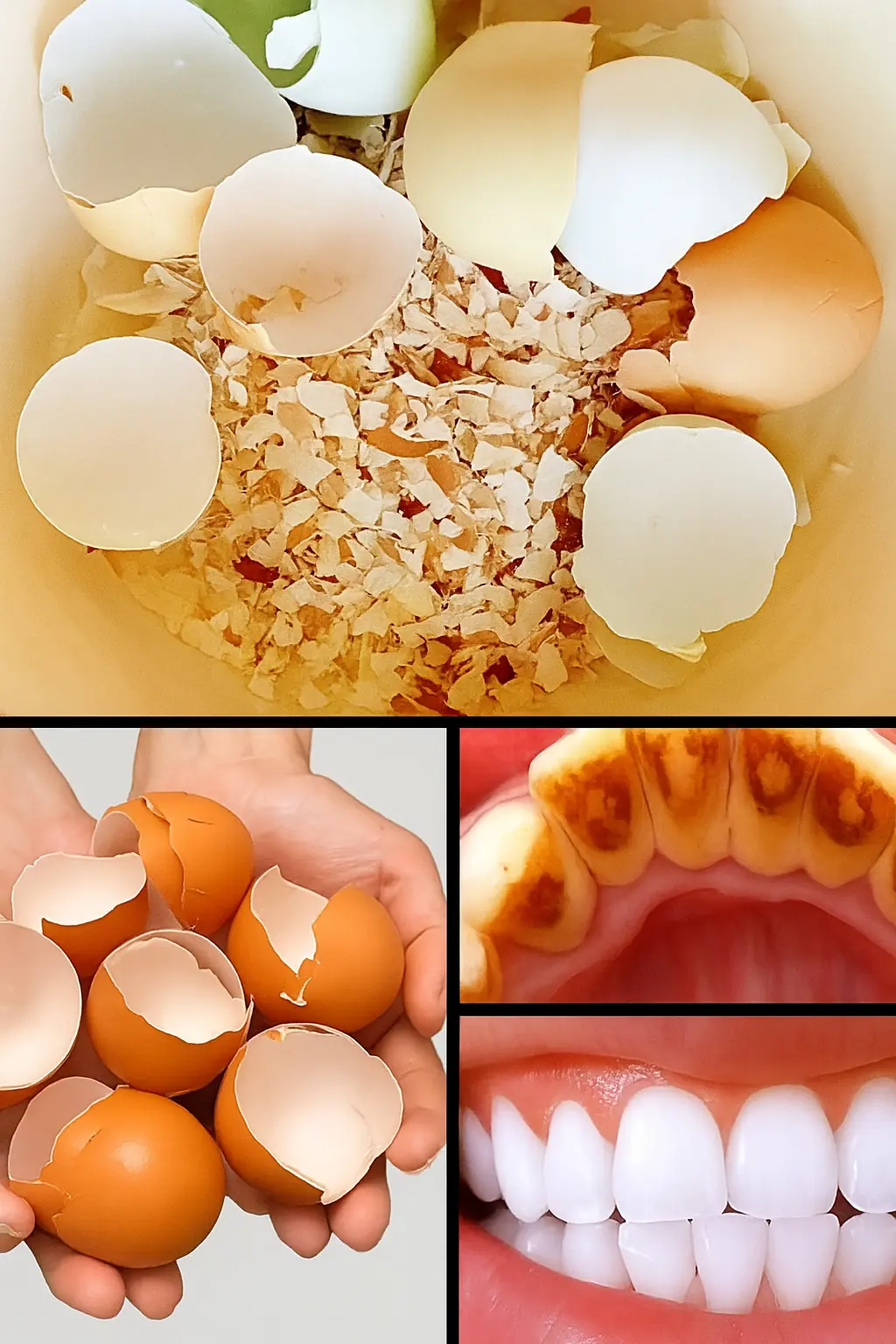
The Hidden Secret to a Dazzling Smile Revealed: Could Eggshells Hold the Key? ✨

The Secret to Luscious Locks: Why Green Bell Peppers Are Your Hair’s New Best Friend
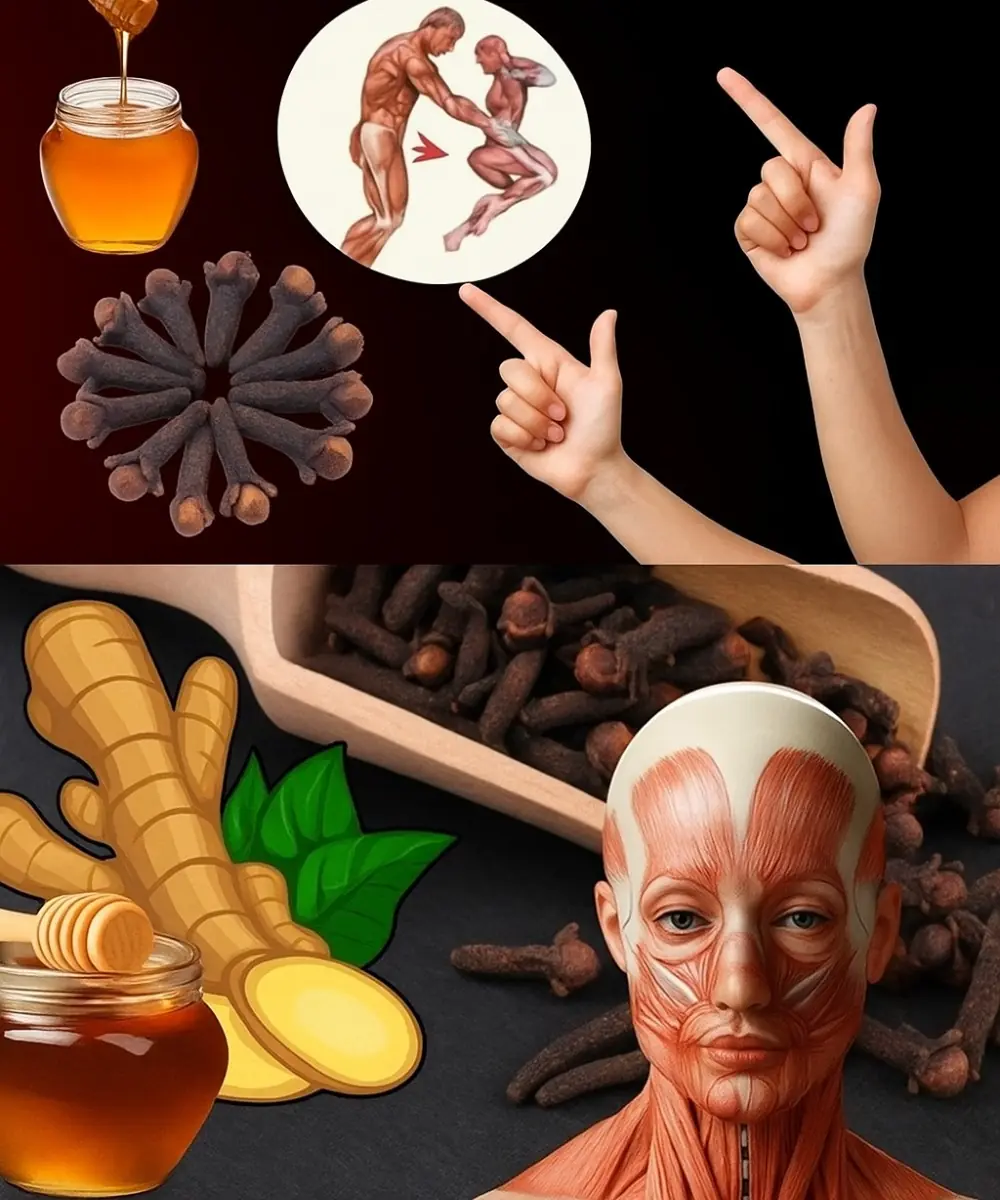
The Ancient Elixir You’ll Wish You Discovered Sooner: Ginger, Clove & Honey for Unstoppable Health

The 2025 Wellness Revolution: Can Soursop, Hibiscus, and Ginger Tea Be Your Secret to Defeating Disease?

The Shy Plant’s Secret Power: How Mimosa Pudica Can Revolutionize Your Health
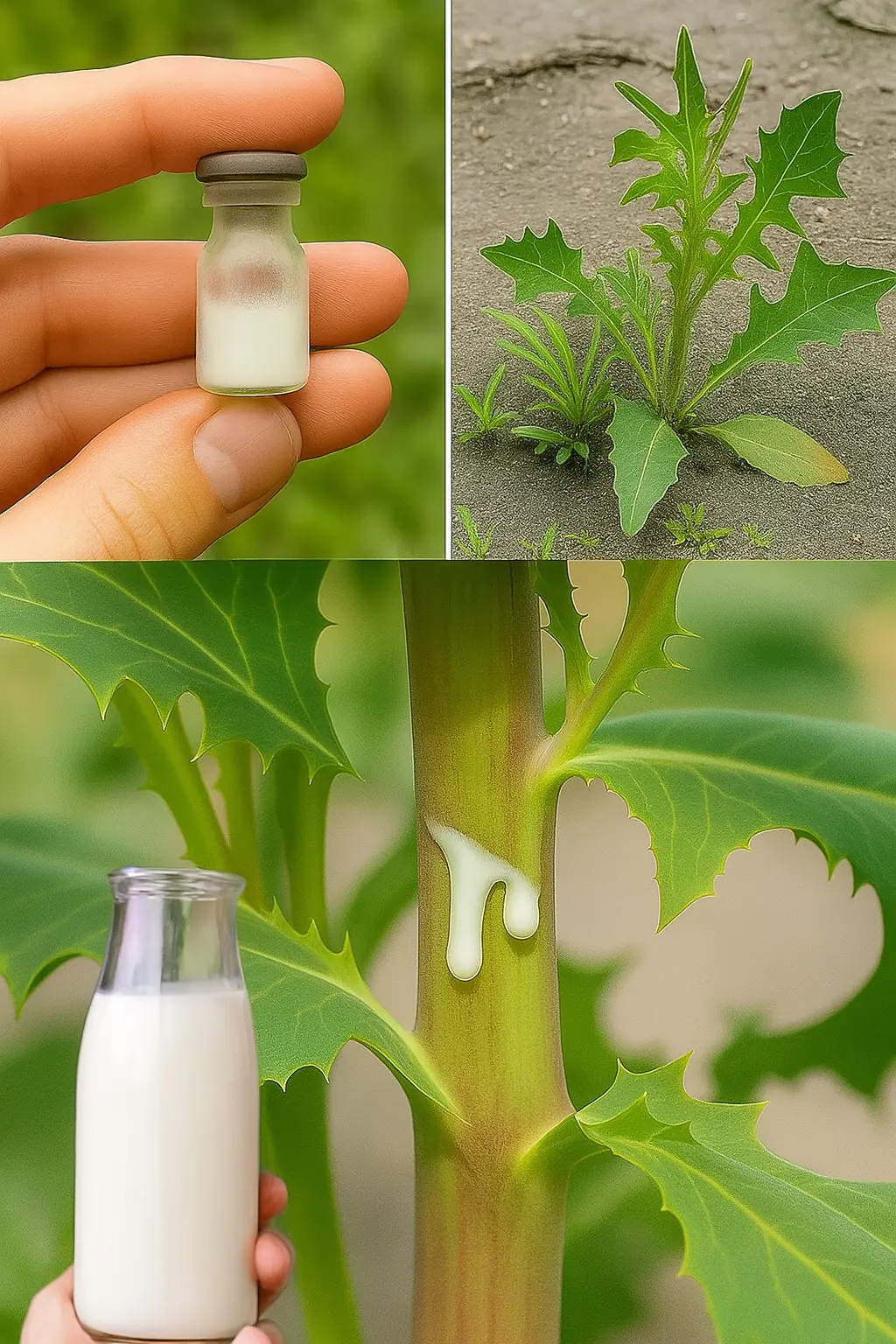
Unveiling the Mystique of Devil’s Claw Sap: Nature’s Hidden Elixir
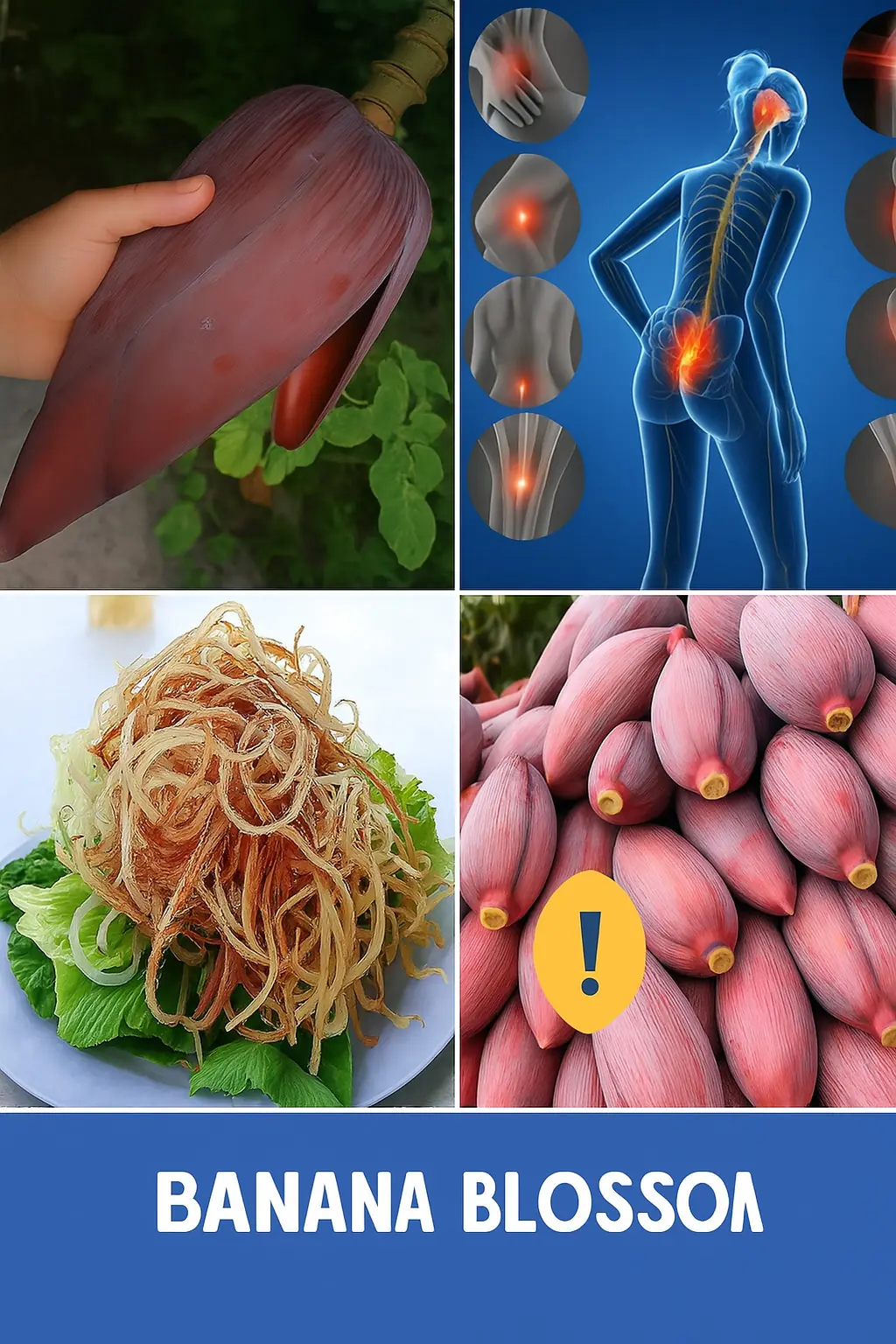
Unlock the Hidden Power of Banana Blossoms: 7 Life-Changing Health Benefits You Need to Know
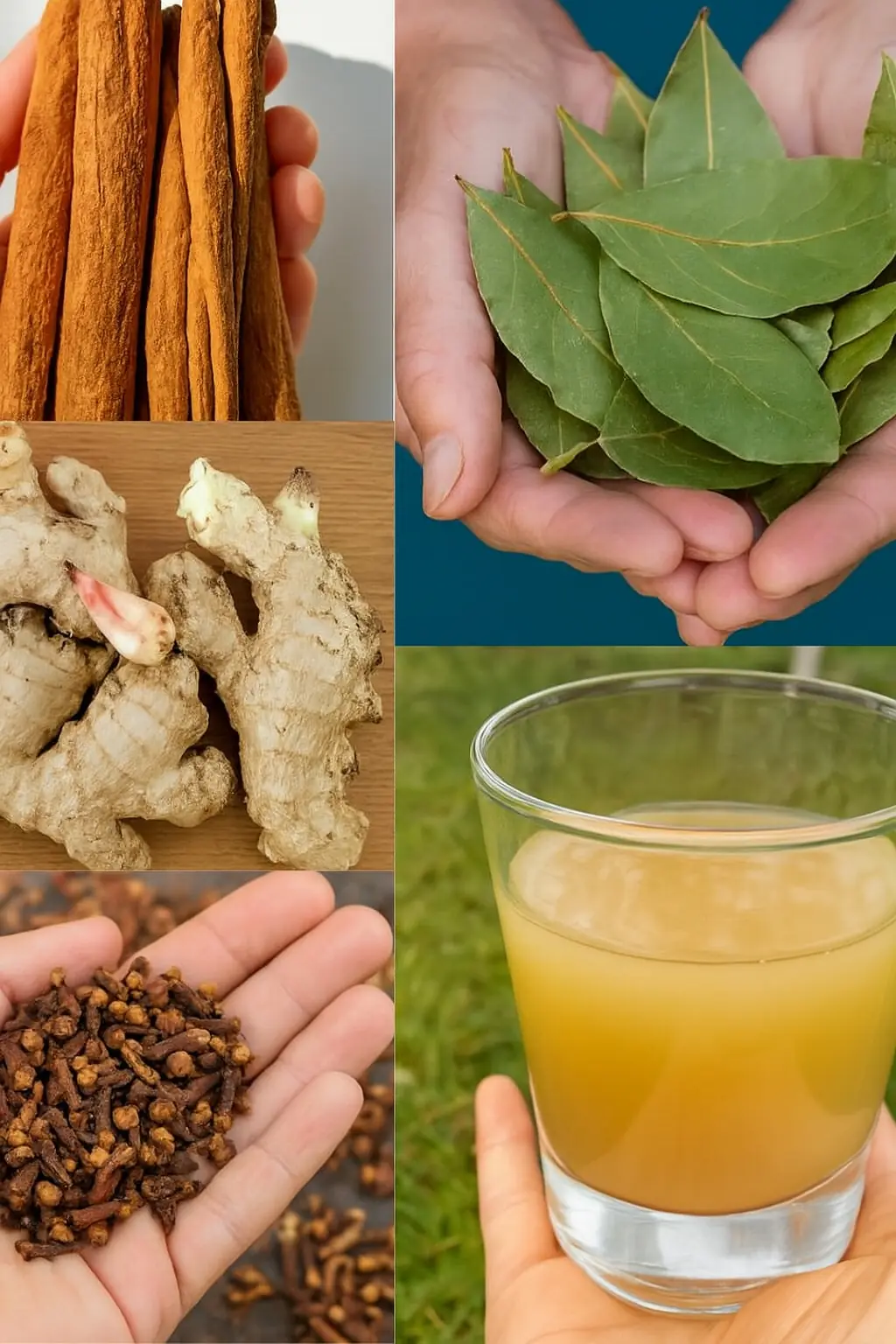
Ignite Your Health with the Ultimate Cinnamon, Ginger, Bay Leaves, and Cloves Elixir
News Post

🍫🧀 Chocolate Chip Cheesecake Cookies 🧀🍫

🍫 No-Bake Chocolate Éclair Cake

Clove Night Gel For Glass Skin

🧀 Molten Feta Puff with Sweet Chili Fig Explosion 🌶️

Cancer Doesn’t Hurt at First—But If You Notice These 8 Signs While Using the Bathroom, See a Doctor Early

Doctor Warns: 3 Beauty Habits Most People Don’t Realize Can Accelerate Cancer Risk!

Unlock the Secrets to a Radiant Smile: 8 Natural Ways to Fight Tooth Decay and Skip the Dentist

The Stonebreaker Secret: How Phyllanthus amarus Could Transform Your Health!

The Secret Superpower of Prickly Lettuce: Nature’s Overlooked Healer 🌿

Early Signs of Cancer: What to Look for in Your Body

Unlock Crystal-Clear Vision: 5 Miracle Leaves to Transform Your Eye Health Naturally

Discover the Healing Power of Plantain: Nature’s Miracle Weed

Unlock the Hidden Power of Purslane: 7 Life-Changing Benefits for Seniors Over 50

Could Aloe Vera Be Your Hair’s New Best Friend? The Natural Secret to Luscious, Thriving Locks

❤️ Savory Beet Macarons with Whipped Goat Cheese & Walnut Crunch 🌰

🟣 Moist Ube Cupcake Recipe (No Oven Needed!)

Unlock the Power of Fig Sap: Nature’s Secret for Health, Beauty, and Beyond 🌿

The Sparkling Secret in Your Kitchen: Lemon and Baking Soda for a Dazzling Smile

Nature’s Secret Drinks to Power Up Your Legs After 60
